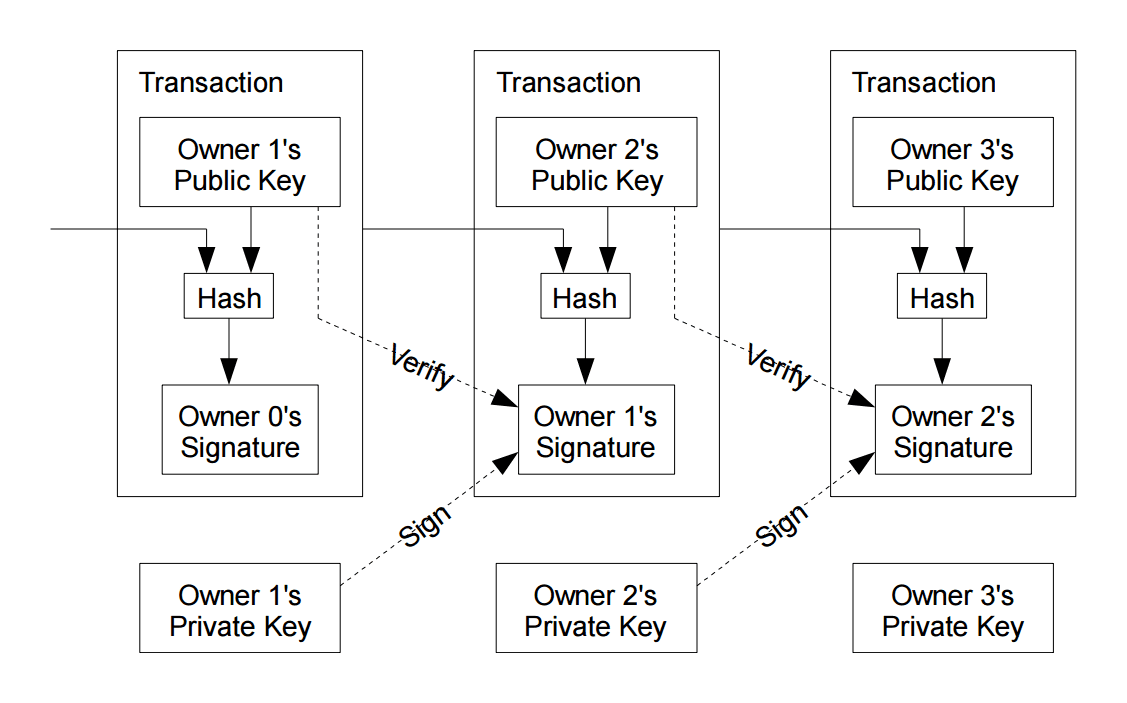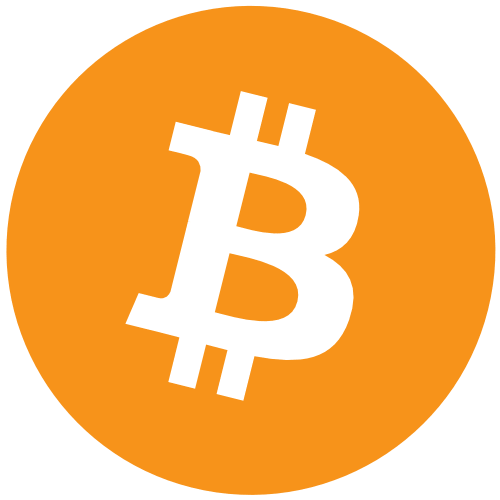A Blockchain is an immutable, decentralized, secure and distributed database that maintains a continuously growing list of chronological records called blocks. Each block contains a timestamp and a link to the previous block. Blockchains can be thought of as an automatically notarised ledger.

Bitcoin and Blockchain

The first concept of a Blockchain is attributed to Satoshi Nakamoto, which is the name used by the unknown person or persons who designed Bitcoin. In 2008, Nakamoto published a paper on The Cryptography Mailing list describing the bitcoin digital currency.
As a part of the Bitcoin implementation, they also devised the first blockchain database, where it serves as the public ledger for all transactions. In the process they were the first to solve the double spending problem for digital currency.
Although Bitcoin uses a Blockchain, Blockchain ≠ Bitcoin
Why use a Blockchain?
Since Blockchains consist of an open distributed ledger, they can be verified permanently by a network, so they are secure by design and highly tolerant of inconsistencies. Therefore, it is possible to achieve a decentralized consensus with a Blockchain. This makes Blockchains very ideal for:
- Medical Records
- Identity Management
- Transaction Processing
- Digital Currencies
- Payment Systems
- Governance (Voting Systems)
- Crowdfunding
- Proving data lineage
- Peer-to-Peer Insurance
- Internet of Things
- Stock Trading
- Land Title Registration
- Freight Tracking
So by storing data across its decentralized, distributed network, the Blockchain eliminates the risks that come with data being held centrally, therefore the network lacks centralized points of vulnerability that hackers can exploit or be single point of failures.
The openness in a Blockchain can be contrasted to traditional ownership records, such as those hosted by Banks, where only the Bank has control over the ledger. This reduces the costs involved in verifying transactions by removing the need for trusted third-parties (such as Banks) to complete transactions.
Using Blockchains
Some commercially available Blockchains are:
- Ethereum
- Microsoft Azure Blockchain as a Service
- IBM Blockchain
- Hyperledger
- Amazon is late to the game, but there are rumors that they will soon release their own Blockchain